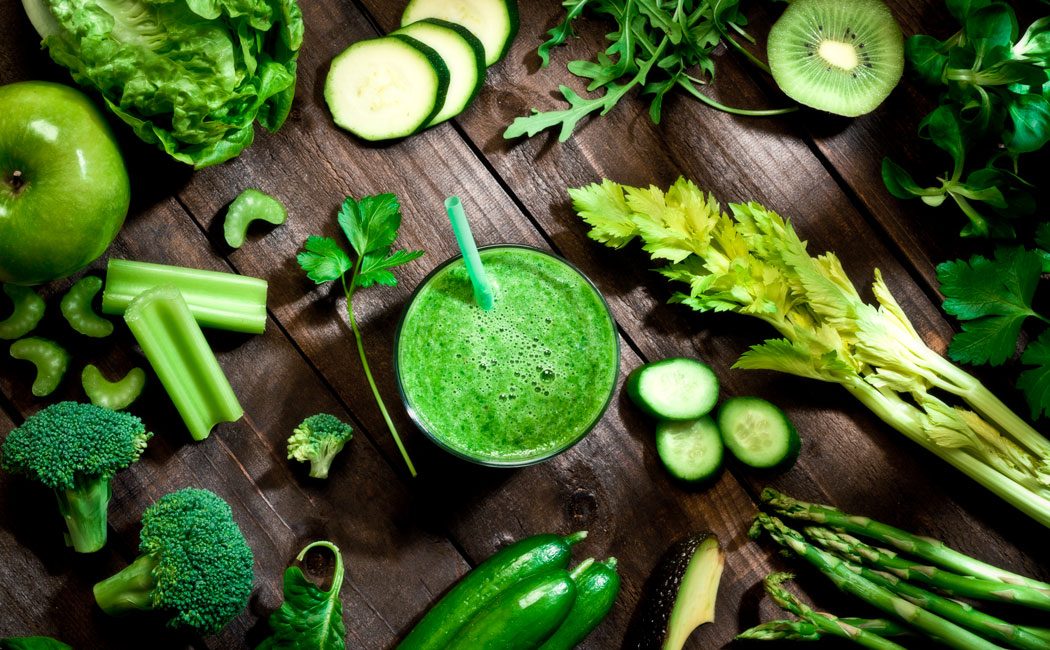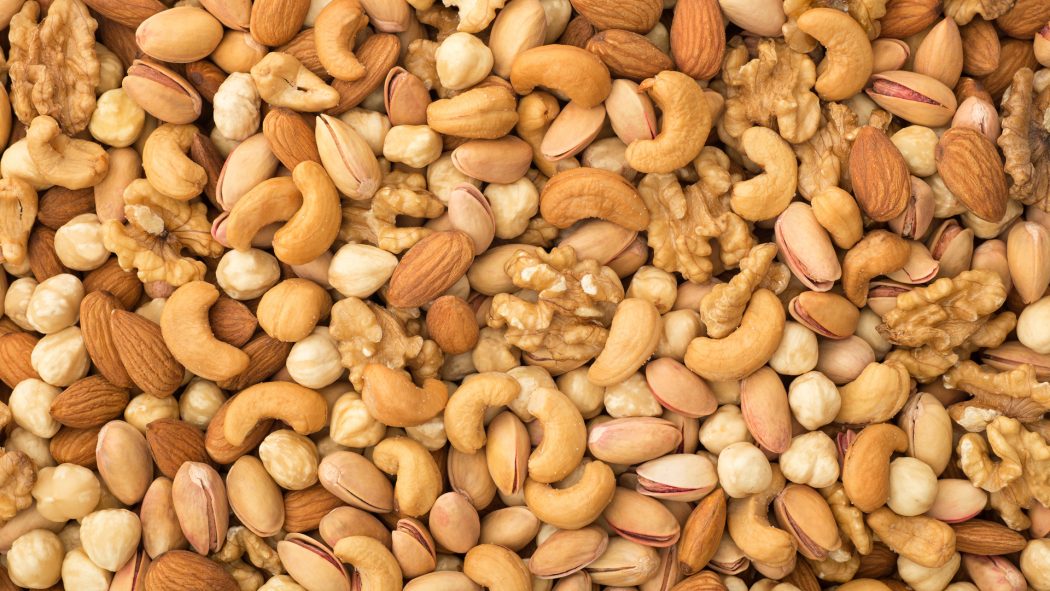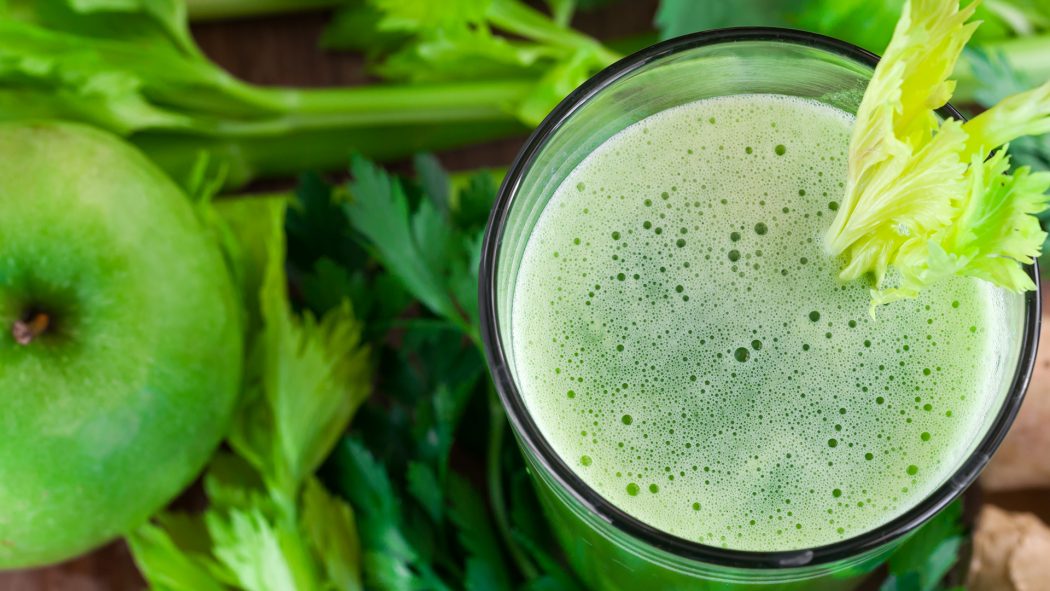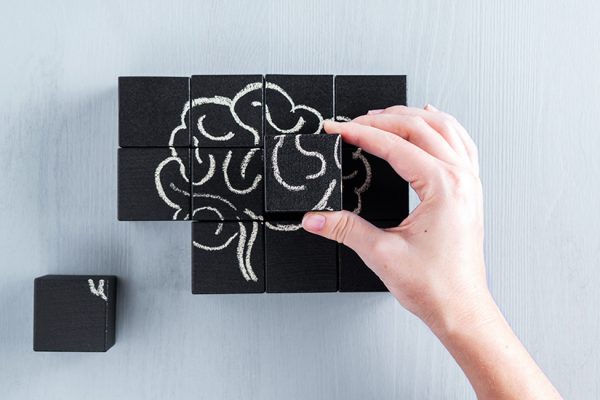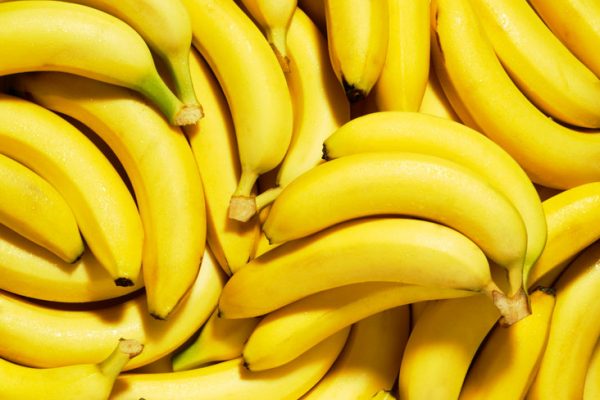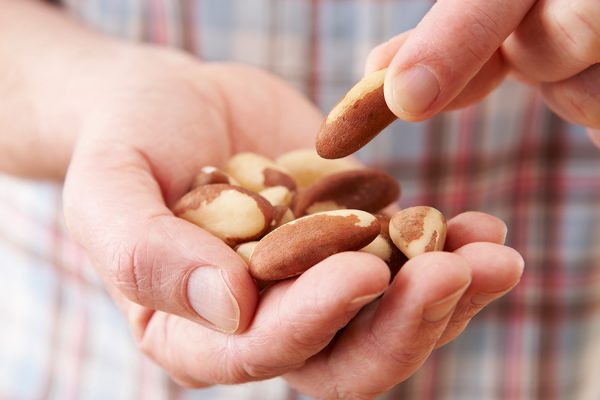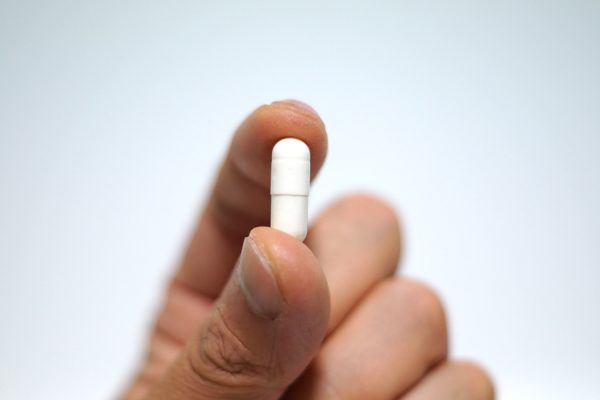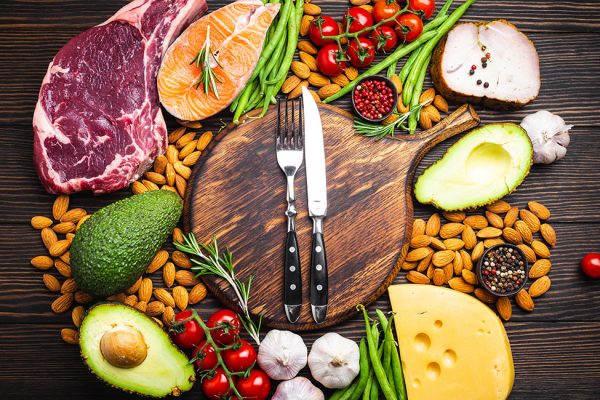5 Evidence Backed Benefits of Manganese
Manganese is another trace mineral, which our bodies require in small amounts. It is needed for normal functioning brain, central nervous system, and our enzyme systems.
We store manganese in our kidneys, liver, pancreas, and bones. It is considered an essential nutrient, and we acquire manganese from our diet.
May improve Bone Health – Manganese is essential for bone health and is needed in development and maintaining health bones.
In older people when combined with calcium, zinc, & copper, it can help support the density of bones.
Antioxidant Properties – Manganese is a part of the enzyme ‘superoxide dismutase (SOD)’, which is one of the most important antioxidants in the body. (17)
Reduces Inflammation – Research suggests SOD, which manganese is part of, may play a role in reducing inflammation.
Blood Sugar – Manganese appears to play a role in regulating blood sugar. (18)
Wound Healing – Wound healing is a complex process that requires increased production of collagen. Manganese is required for the activation of prolidase, an enzyme that functions to provide the amino acid, proline, for collagen formation in human skin cells.
Manganese is an essential trace mineral needed for healthy skin, bone, and cartilage formation, as well as glucose tolerance. It also helps activate superoxide dismutase (SOD)—an important antioxidant enzyme.
Foods Containing Manganese
Manganese is available in many foods too many to list here. But here are some ideas. (19)
Drinks: Water, Tea
Food: Avocado, Green Leafy Vegetables, Brown Rice, Oats, Pineapple, strawberries, Raspberries, Nuts.

